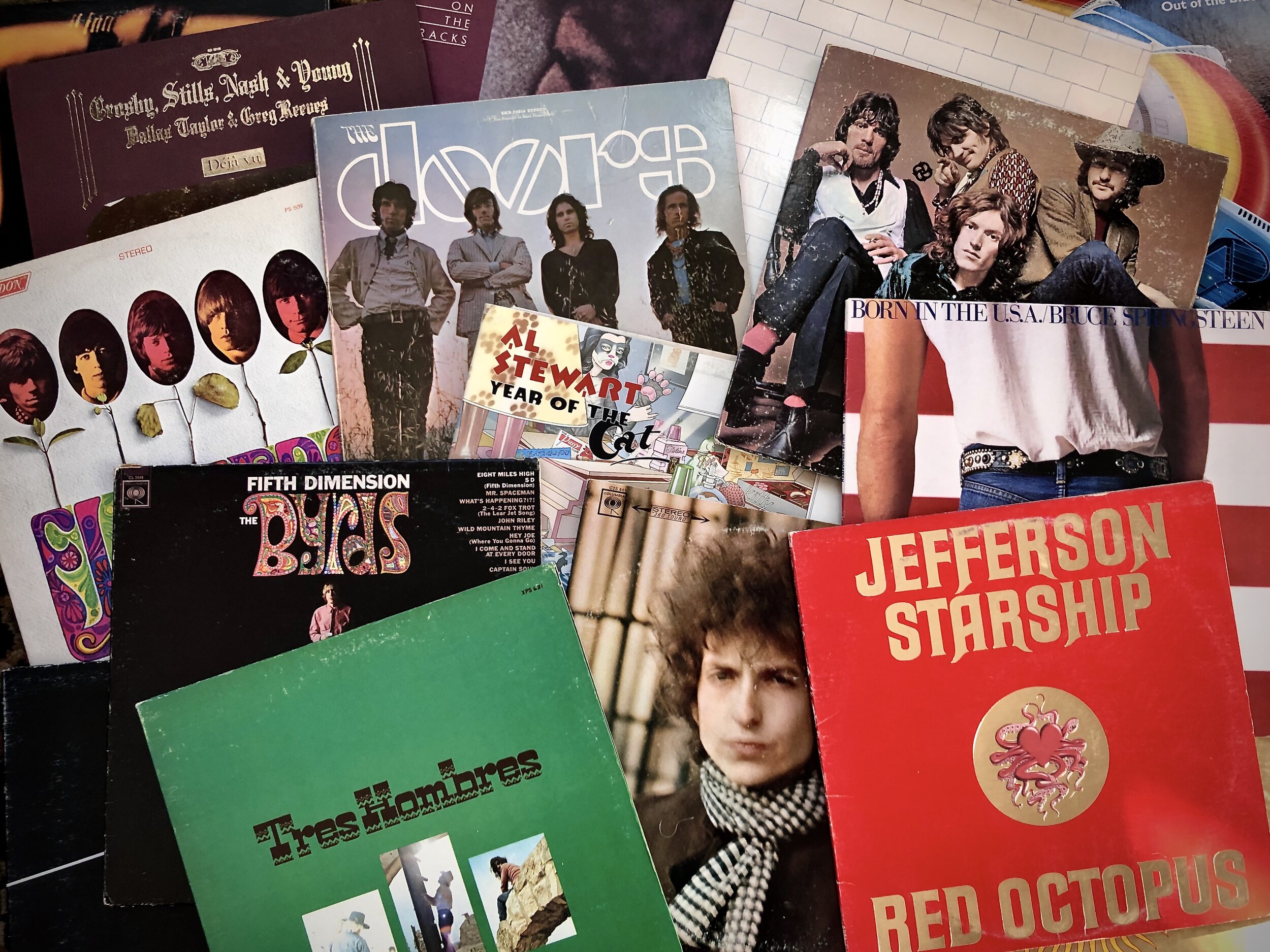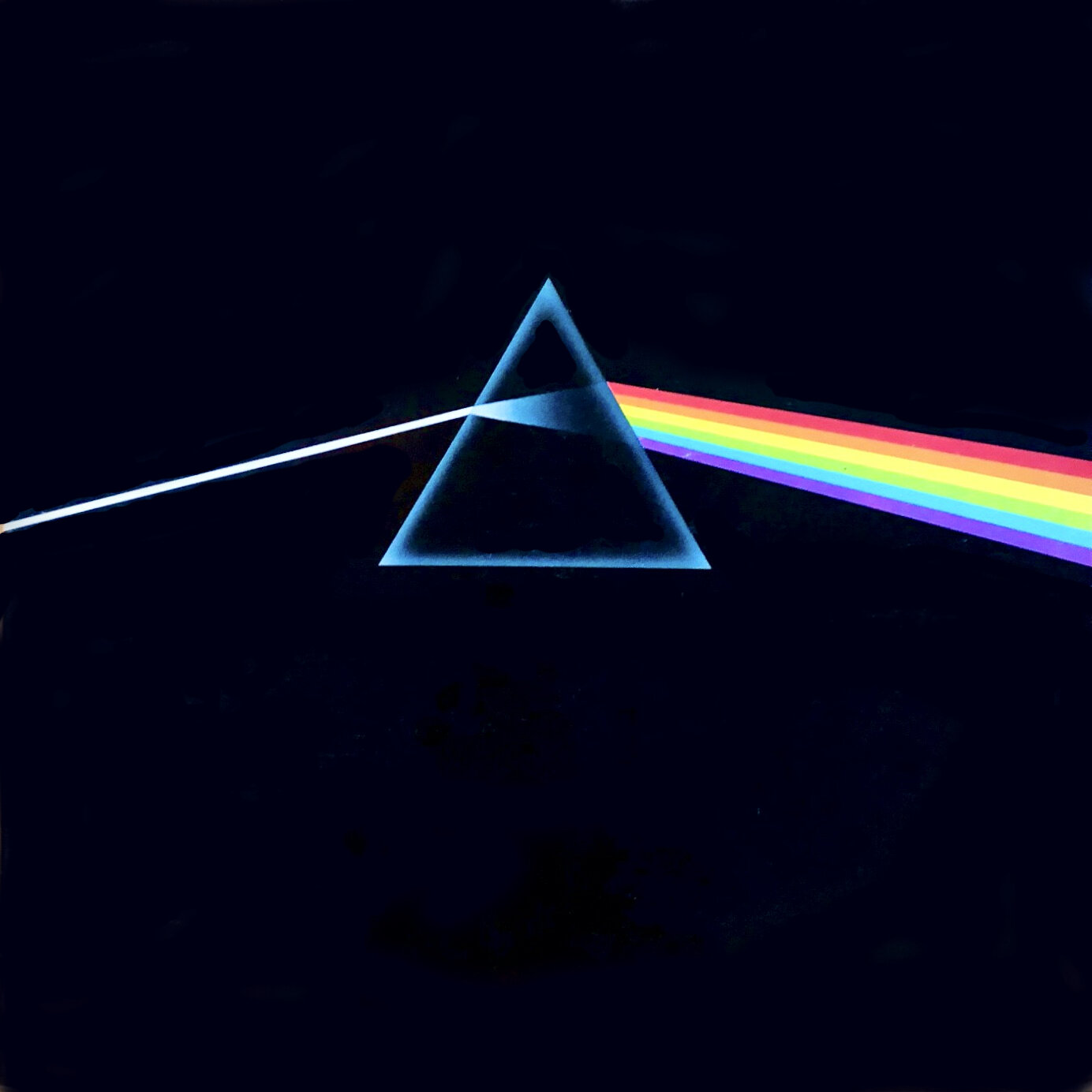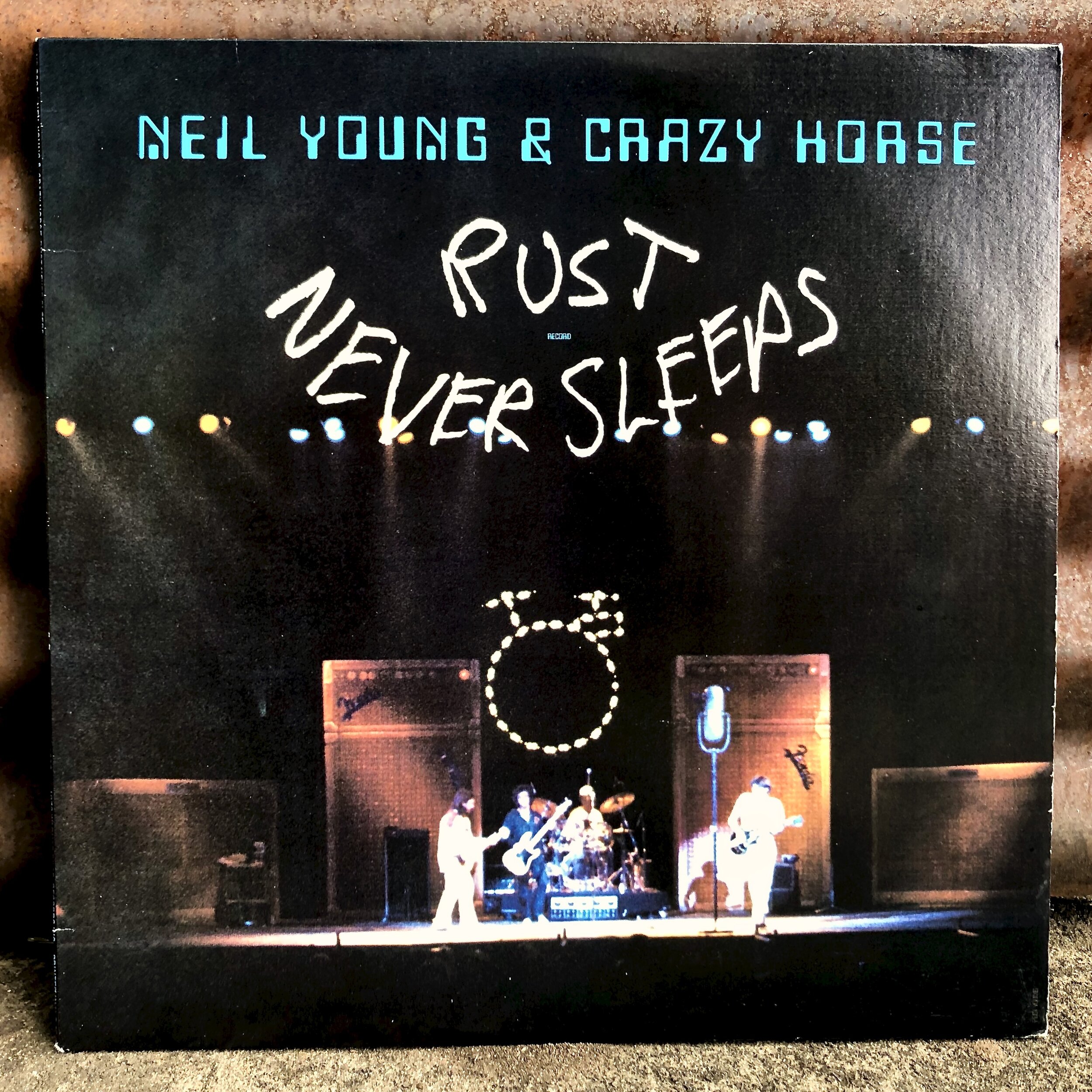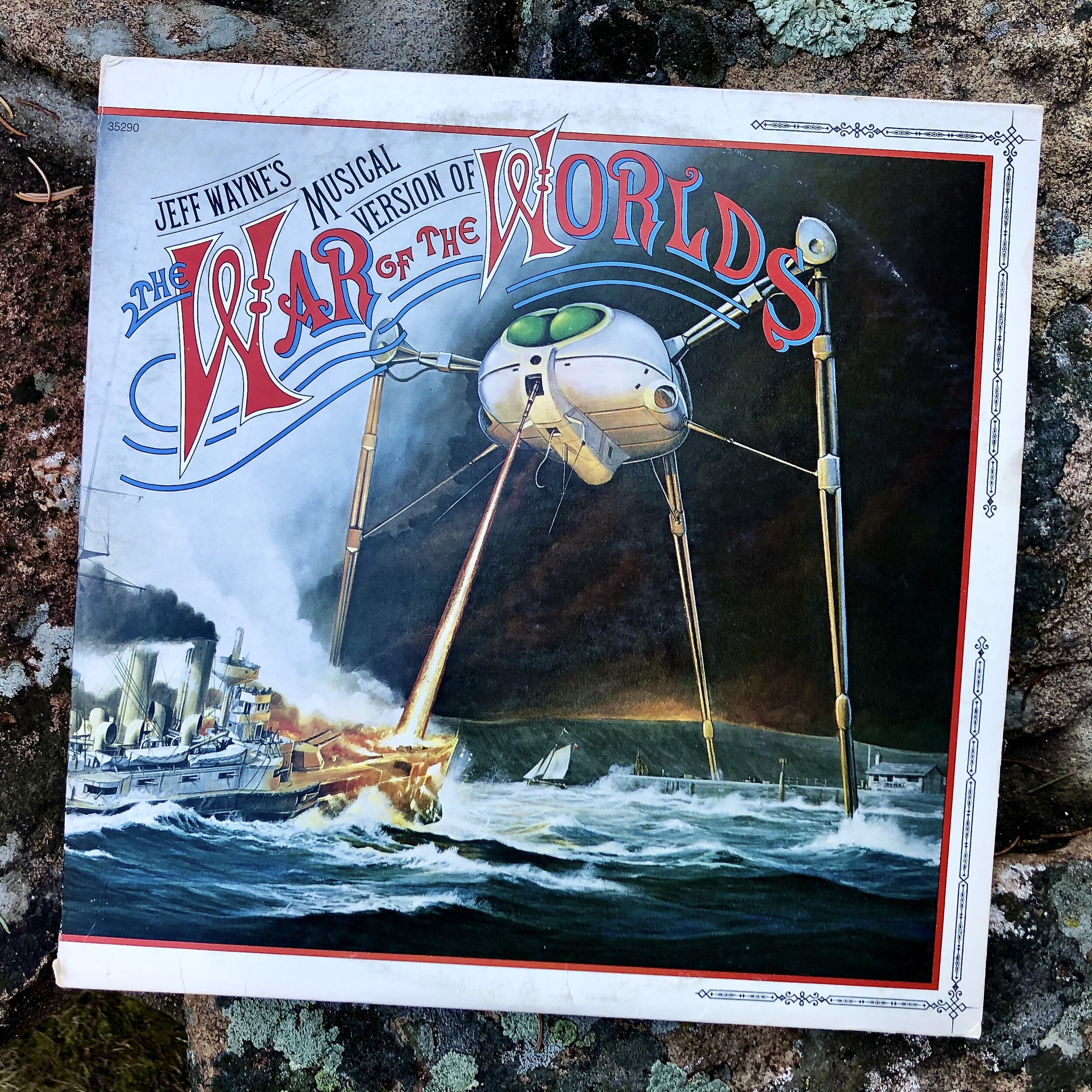In May, Chris Colwell and Rodrigo Pesantez created the “10 most influential albums challenge” on Facebook. I learned about the Challenge via colleague and friend Phil Stahel (link). To counter our Covid-19 Times, the focus on music was an excellent suggestion, and I decided to participate.
While considering selections for the Challenge, its inherent “constraints” became apparent. Fortunately, they likely contributed to the wide variety of picks shared by participants. The first, of course, is the albums present in one’s collection. Maybe an album that one would consider great was never purchased. Or, possibly, through sharing or loss, is no longer a part of the collection.
The year each participant switched from vinyl to compact disc is also a factor with those born in different decades likely collecting different albums.
The challenges’ final and trickiest choice was the participant’s interpretation of “influential.” Is the album selected because it is most influential to the participant, or for the music industry? For most, I suspect it was a combination of both.
Whatever the brew of all these factors, the selections were strong, and I suspect the various choices enriched all participants and viewers. Again, thanks to those that led the charge. The Challenge was a welcomed respite in these unusual and challenging times.
Easter Everywhere (1968) by the 13th Floor Elevators
The world’s first psychedelic rock band, the 13th Floor Elevators, created a unique acoustic space full of reverb and echo and introduced the musical saw and jug to rock. Their work influenced bands such as Jefferson Airplane and the Grateful Dead.
Easter Everywhere is definitely “out there.” Its deepest labyrinth is "Slip Inside This House When You Pass By." While some lyrics won't resonate, others may -
There is no season when you are grown
You are always risen from the seeds you've sown
There is no reason to rise alone
Live where your heart can be given
And your life starts to unfold
In the forms you envision
In this dream that's ages old
Traffic (1968) by Traffic
Composed of Steve Winwood, Jim Capaldi, Chris Wood, and Dave Mason, this English band began as a psychedelic group. They soon added pop melody, jazz, and “keyboards like the Mellotron and harpsichord, sitar, and various reed instruments." Favorite songs: "Feelin’ Alright,” “Forty Thousand Headmen,” and “Shanghai Noodle Factory."
Dark Side of the Moon (1973) by Pink Floyd.
Viewed as one of the best albums of all time, this choice is likely no surprise. Fluid, otherworldly music. Long day at school or work? Lie on the couch, close your eyes, put headphones on, and travel to another realm.
(The faded cover of the album was enhanced it to reveal its initial impact.)
Rust Never Sleeps (1979) by Neil Young
If anyone can blow the top off of Rock, it’s Neil Young. In a decade dominated by glam rock, Young - armed with a wall of speakers - embraced "the raw potency of punk.” Favorite songs: My My, Hey Hey (Out of the Blue), Hey, Hey, My, My (Into the Black), Pocahontas, and Powderfinger. As Thomas Erlewine writes, Young’s "chief weapons against rusting were his imagination and his daring.” So needed in our times.
Sgt. Pepper's Lonely Hearts Club Band (1967) by the Beatles
While this album may not wear well in current times, its influence - as recalled from my teenage years - was undeniable. With the May 26, 1967 release of Sgt. Pepper's, the Fab Four overturned their music and opened a new era of experimentation.
Rock & Roll Animal (1974) by Lou Reed
Maybe it's the current threat that leads me to select this in-your-face live album exploring the underbelly of life. The recording has deep roots in The Velvet Underground. For me, the album's jewel is "Rock' n' Roll." The song recalls the origin of Rock: raw, imperfect & straightforward.
Out of the Blue (1997) by Electric Light Orchestra
Written by Jeff Lynne in four weeks, the power of this "global phenomenon" is credited to its great songwriting and "dazzling arrangements." For me, it's the albums sheer energy. Favorites: Mr. Blue Sky, Don't Bring Me Down, and Turn to Stone.
Rumors (1977) by Fleetwood Mac
Rumors became the highest-selling album of 1977. The band members' interpersonal tension during the recording sessions is said to have shaped the album's lyrics. Fortunately, the record was perfect for medical school volleyball. Just put the speakers outside the frat room window and play.
Blood on the Tracks (1975) by Bob Dylan
It's been many years since I purchased my first Dylan album. I was 12-years-old. Nevertheless, I found picking the most influential Dylan album to be wrenching. With subtle encouragement from high-school friend Robert Hansen, I knew I had to try harder. Once I listened to Blood on the Tracks for the first time in years, the choice became clear. Favorites: A Simple Twist of Fate, You're Going to Make Me Lonesome When You Go, Lily, Rosemary and the Jack of Hearts, and Shelter from the Storm.
The War of the Worlds (1978) by Jeff Wayne
This final challenge entry is a genius and under-recognized work; musical storytelling at its finest. The double-album is based on H.G. Wells's famous novel on the Martian invasion of Earth. Furthermore, asking Richard Burton to serve as the narrator was an inspired decision.










